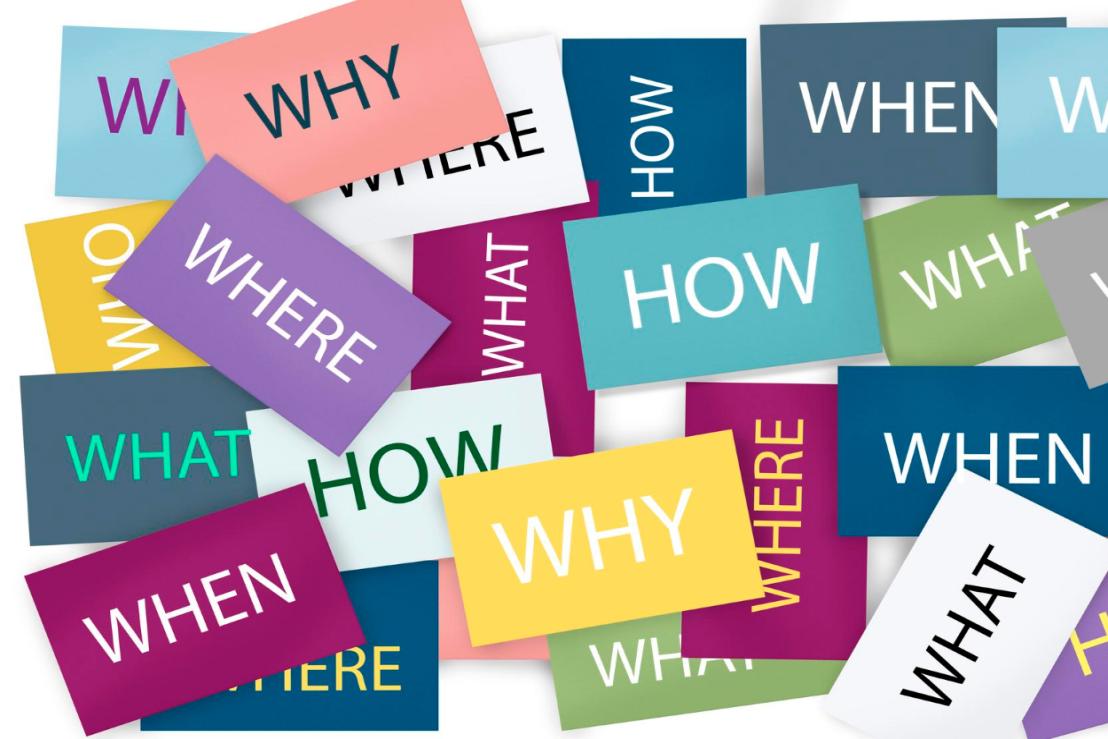Modal verbs in English
6 Mar, 2023

Studying the topic of adverbs in English, it is impossible not to single out the category of relative adverbs. In fact, there are quite a few categories, as well as the functions of adverbs in a sentence. Therefore, it is very important to be able to distinguish not only the types of words, but also the cases of their use.
There are few relative adverbs in English. These include:
Unlike interrogative adverbs, relative adverbs in a sentence play the role of a linking conjunction, linking two parts into one large sentence and are placed at the beginning of the subordinating part of the sentence. They replace the formal construction using the preposition and the word which, thus simplifying the sentence, making it less loaded.
1. Where
In the meaning of "where" is used to indicate the place of action or direction of movement. In the text, it can be replaced by the relative pronoun that / which with a preposition without losing the meaning.
Pronouns can be omitted in the English sentence:
2. When
When we talk about time in a subordinate clause, we will start it with the union (adverb) when. Simply put, when pointing to the time of an action, we will not say time, but only point to it using a relative adverb.
When used as a subordinating conjunction, when can also be omitted or replaced by that.
3. Why
Used to indicate a reason, most often after the word reason itself. In a sentence, it can be omitted or replaced by the pronoun that.
Just as with interrogative adverbs, relatives can be quite easily confused with pronouns because their uses can be the same or similar.
In fact, adverbs and adjectives are similar in many ways and categories, which is why their definition in the text is difficult and important. So, for example, there is an adverb when and a pronoun then, which can be mistaken for each other.